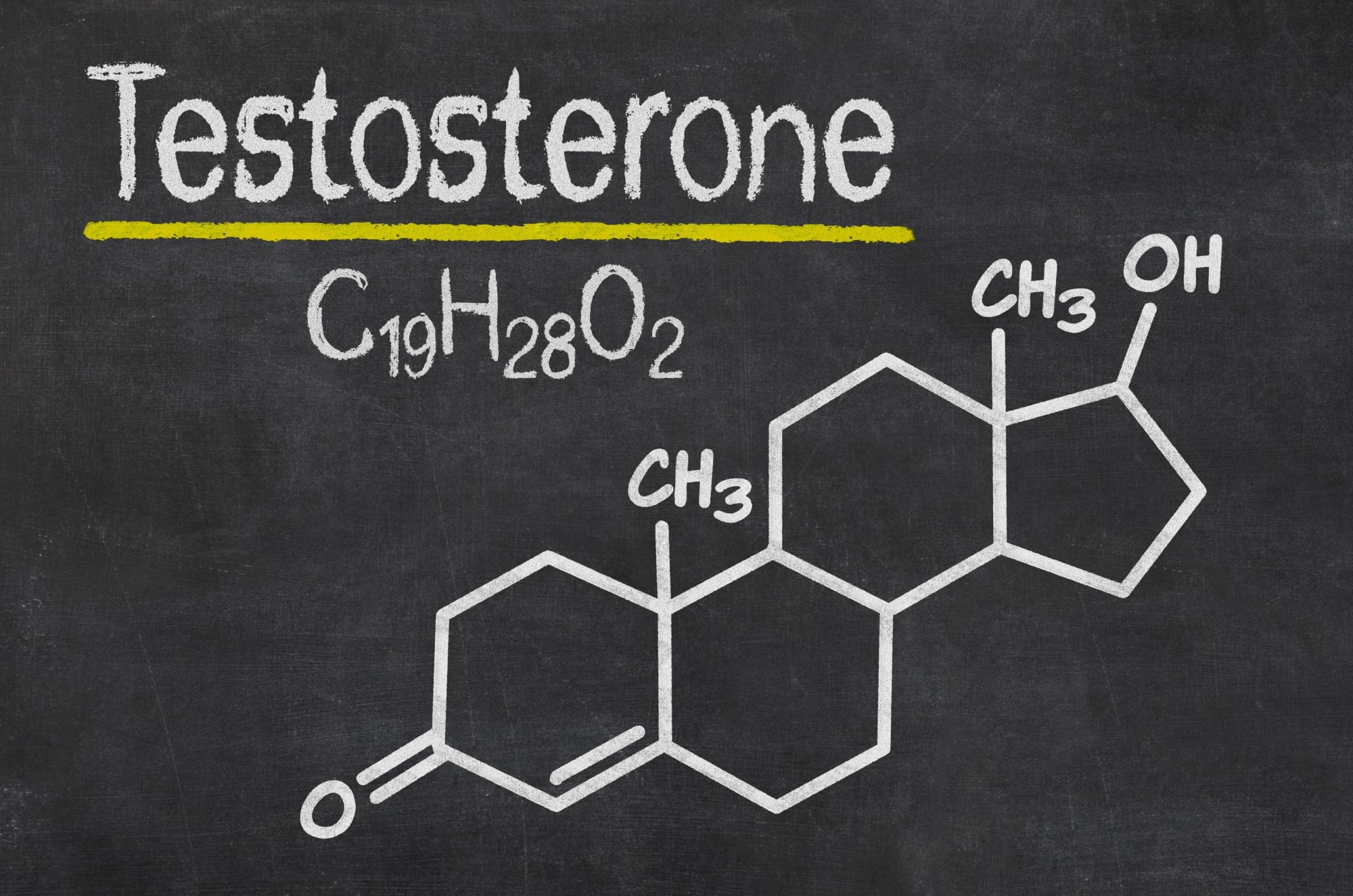In the largest trial of its kind, scientists discovered that boosting testosterone did not affect men’s choices in trust, risk, or fairness games, undermining years of smaller, attention-grabbing studies.
 Study: Investigating the effects of single-dose intranasal testosterone on economic preferences in a large randomized trial of men. Image credit: Zerbor/Shutterstock.com
Study: Investigating the effects of single-dose intranasal testosterone on economic preferences in a large randomized trial of men. Image credit: Zerbor/Shutterstock.com
Some research suggests that testosterone shapes economic preferences. A recent study published in PNAS sought to validate this theory in a randomized controlled trial.
Introduction
Testosterone, often referred to as the male sex hormone, plays a key role in male secondary sexual development, such as increased muscle mass and strength, deepening of the voice, and body hair growth. Beyond physical effects, higher testosterone levels have been linked both intuitively and in some studies of ultimatum and other economic games to more aggressive, dominant, and mate-seeking behaviors.
Economic preferences are often studied using economic games, each catering to a different type of preference. The dictator, ultimatum, and trust games help assess social preferences. In contrast, risk preferences are evaluated by choosing between a lottery and a safe option, or various lotteries with differing odds and outcomes. Competitiveness may be measured by choosing between a piece-rate vs a tournament scheme.
The choices made in these games correlate with educational and career options, to some extent, indicating their predictive potential in the real world.
Earlier studies have reported correlations between testosterone levels and men’s economic preferences, including altruism, fairness, or risk-taking. Most of this evidence comes from observational research or small intervention trials, often conducted without pre-registered analysis plans. Despite these limitations, such findings have attracted considerable attention and become widely cited.
However, not only is the evidence often conflicting, but it is also at a significant risk of selective reporting bias. The lack of pre-registered analyses also contributes to the use of unduly lax analytic standards, such as studying too many outcomes or defining the outcome variables.
About the study
The study included 1,000 participants, all men, thus making it at least ten times the size of any previous experiment. The men were randomized to get either one 11 mg dose of intranasal testosterone or a placebo, after which they were given various tasks to complete. The peak testosterone level was measured after half an hour.
This was then compared with the participants' choices in several economic games and related tasks, which were designed to assess the effect of testosterone on their economic preferences.
Earlier studies and some robustness analyses in this paper suggested that participants who believed they had received testosterone sometimes made lower offers in the ultimatum game. Still, the evidence was weak and much smaller in magnitude than prior reports.
The tasks used included:
- The dictator game
- The ultimatum game
- The charity game
- A competitive task
- A risk task
The participants were assessed for nine outcomes on the economic preference tasks:
- Risk aversion
- Loss aversion
- Proposer value
- Responder value
- Investor value
- Trustee value
- Dictator value
- Willingness to compete
- Sensitivity to the price of donating (charity game)
Study findings
The salivary testosterone assay showed an increase in testosterone in the intervention group compared to the placebo group. However, testosterone did not lead to any change in the offers in the ultimatum game. Testosterone did not increase trustworthiness or reduce trust in the trust game, nor did it increase risk-taking behavior.
Testosterone was not correlated with generosity, economic risk-taking, or rejection of unfairness in the ultimatum game. It was also not associated with competitiveness. Thus, analysis comparing the testosterone and placebo groups after treatment showed no difference in any outcome.
Salivary testosterone levels did not appear to correlate with the economic preferences. Neither did salivary testosterone interact with cortisol levels at baseline or after testosterone administration, contradicting prior research.
This questions the long-held idea, due mainly to specific older papers, that short-term changes in testosterone levels drive male economic preferences. However, more exhaustive research is required to test the effects of different dosages and routes of administration.
Earlier work indicated that testosterone's effects on the brain occur within 30 to 60 minutes of administration, suggesting that the 30-minute interval used here is consistent with peak serum effects. Previous pharmacokinetic studies also show increases within 15 to 30 minutes in serum, and while longer delays (e.g., several hours) have been proposed as potentially relevant, the evidence is weak.
Testosterone effects may be more powerful during developmental windows such as fetal life or puberty, as these hormones shape brain and cognitive development. Direct evidence for this is lacking, and indirect evidence is controversial in its reliability and validity. One recent study looked at birth testosterone levels and did not find it associated with economic preferences in later life.
Conclusions
“We thus find strong evidence against the hypothesis that single-dose intranasal testosterone administration has important effects on economic preferences or behavior in men.” This is further supported by the fact that baseline salivary testosterone levels do not correlate with any of the pre-registered outcomes.
Multiple high-impact articles suggested that testosterone did, in fact, affect economic choices, but the current study was unable to replicate this in any outcome despite its large sample size. The authors emphasize that their trial should be seen as a heavily powered conceptual replication of prior work and that null findings were robust across preregistered, robustness, and exploratory analysis.
Future research should focus on ethical ways to assess the developmental and long-term impact of giving testosterone to men. Sex-specific differences should also be sought. Above all, pre-registered large studies should be carried out to avoid false positives and minimize bias.
Download your PDF copy now!